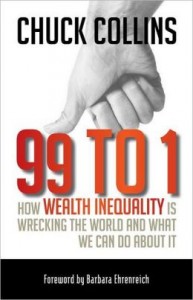
Leave it to a scrappy little San Francisco publishing house to be first out of the gate with a primer on the central lesson to be learned from the Occupy Wall Street movement: that the disparity in wealth (not income) between the 99% and the 1% is the most significant economic fact about the U.S. today. Most books spring from the minds of authors, who in turn seek out publishers, but Berrett-Koehler has a long history of identifying themes and issues that cry out for analysis — and then finding the authors to take them on. In Chuck Collins, one of the nation’s leading scholars and activists on the topic of wealth inequality, Berrett-Koehler struck paydirt.
Estimated reading time: 5 minutes
In 99 to 1, Collins lucidly spotlights the terrible price we all pay for the massive imbalance in wealth between today’s haves and have-nots. He surveys U.S. economic history, drawing a parallel between the Gilded Age of the 1890s through the 1920s and the current era, beginning in the late 1970s — both of them periods when the disparity of wealth grew to unprecedented proportions. Collins explains the political dynamics that gave rise to today’s wealth disparity, identifying those responsible as the “rule-riggers” among the 1%, chiefly the leaders of Wall Street-based financial institutions and of the transnational corporations they finance as well as a small number of the individuals who are benefiting the most from the current economic regime.
“In a nutshell,” Collins writes, “(1) the rules of the economy have been changed to benefit asset owners at the expense of wage earners, and (2) these rule changes have benefited global corporations at the expense of local businesses.”
99 to 1: How Wealth Inequality Is Wrecking the World and What We Can Do About It by Chuck Collins (2012) 177 pages ★★★★★
A small percentage of the 1% is the real problem
As Collins explains, the 1% today includes individuals with net worth of $5 million or more — a total of roughly 3 million individuals or 1.5 million households. Obviously, this large number of people aren’t co-conspirators in a historic scheme to plunder the U.S. economy. However, a small percentage of the 1% does actively participate in an ongoing effort to shift wealth from the poor and middle class to the coffers of those who are already rich.
These “rule-riggers,” most of whom can be found among the top one-tenth of 1%, use every advantage at their disposal: their direct access to legislators; the thousands of lobbyists their companies maintain on Capitol Hill and in statehouses throughout the country; their personal and corporate philanthropy; and their positions in society as “opinion leaders.” The result of their three decades of effort has been to weaken labor unions; undermine government regulations ensuring public health, job safety, and environmental quality; seizing control of both major political parties; and disproportionately benefiting not just the 1% as a whole but the very richest among them.
As Collins notes, “between 1979 and 2007, the top one-tenth of 1 percent realized 36 percent of the total [gain realized by the top 1 percent]. The 1 percent saw their incomes go up 224 percent over these years, while the richest one-tenth of 1 percent saw theirs rise by 360 percent.”
Wealth inequality isn’t new
Tragically, the growing disparity in wealth is neither new nor just an American phenomenon. More than 2,000 years ago, Plato (yes, that Plato) wrote that “the legislator should determine what is to be the limit of poverty or of wealth.” And Collins cites a UN study finding that “the richest 1 percent of the world’s adult population, individuals worth at least $514,512, owned 39.9 percent of the world’s household wealth. This is greater than the wealth of the world’s poorest 95 percent, those adults worth under $150,145, who together hold just 29.4 percent of the world’s wealth.” Not to speak of the billions of people who don’t have a pot to piss in, let alone $150,000!
Collins devotes considerable attention to identifying the steps that need to be taken to reverse the direction of the pendulum. He is careful to point out that any movement to do so will find a great many allies within the 1 percent. Collins cites polling results that “over 65 percent of people in the 1 percent agree with the concerns of the 99 percent and believe they should pay more taxes.” However, an effort to reverse the present course will require a fundamental shift in society’s values over many decades. Collins enumerates the clashing values between those at the top of the wealth pyramid and most of the rest of us and lays out a policy agenda based on a “seven-generation perspective — the belief that our actions should be considered in light of their impact seven generations into the future.”
99 to 1 should be required reading for every public official, every activist, and every citizen who wants to understand what really makes society tick and how its malfunctioning economic systems can be repaired.
For related reading
This is one of the books included in my posts 10 enlightening books about poverty in America and Good books about economic inequality.
This is one of the many Good books about racism and of 5 books that explore our broken criminal justice system.
Like to read books about politics and current affairs? Check out Top 10 nonfiction books about politics.
If you enjoy reading nonfiction in general, you might also enjoy:
- Science explained in 10 excellent popular books
- 10 great biographies
- My 10 favorite books about business history
And you can always find my most popular reviews, and the most recent ones, on the Home Page.

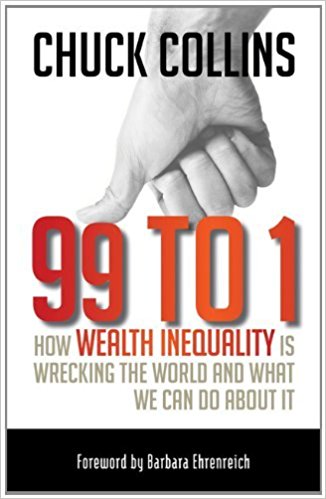
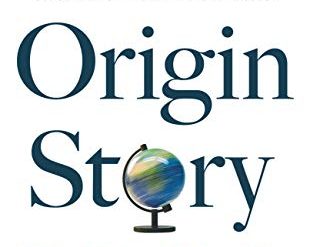

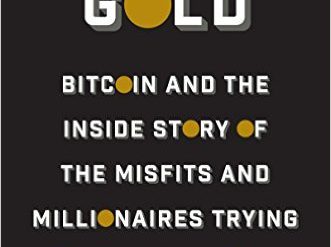
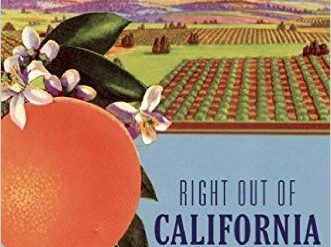






















We don’t actually need “A pot to piss in”, we should be peeing on our gardens – all of us – http://www.permies.com/t/3965/homestead/women-peeing-outdoors
I hope this book hits our libraries in Canada, I’m looking forward to it.
This is a problem not just in the US but globally.
Hi there. I’m reading this book for my essay and I must say, this topic has really grown on me and what hit home the most was your last comment “99 to 1 should be required reading for every public official, every activist, and every citizen who wants to understand what really makes society tick and how its malfunctioning economic systems can be repaired.” It kind of just makes me realizes that most people out there are oblivious or misinformed to the subject despite having it have a great deal of influence in their lives.
On the contrary. We pay a terrible price for various massive government interventions in the economy, and we would pay a horrific price indeed if the egalitarians had their way and we were all equally impoverished.
The libertarian misconception at the heart of your statement is that we would be NOWHERE without “massive government intervention” — in protecting the public health, educating the young, building roads and other infrastructure, and in general constructing and maintaining civilization. The Ayn Rand fantasy of the “self-made man” is bullshit.